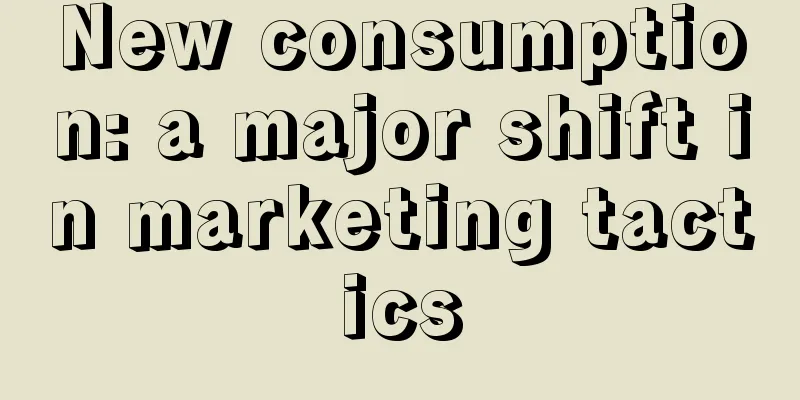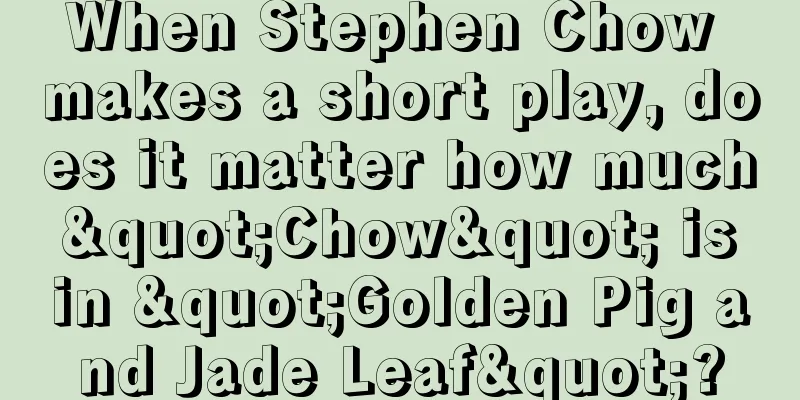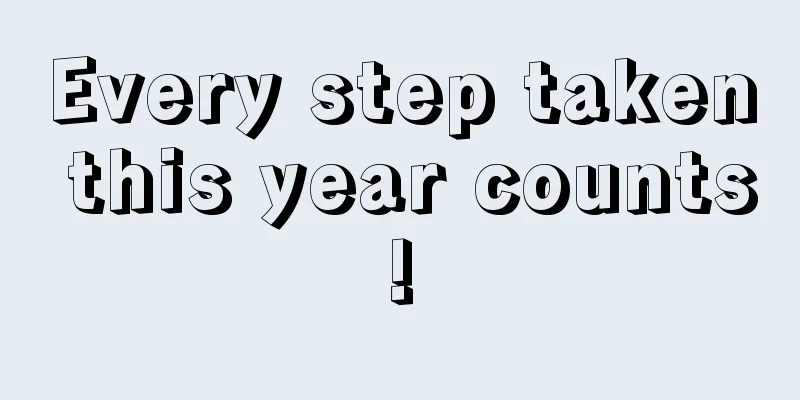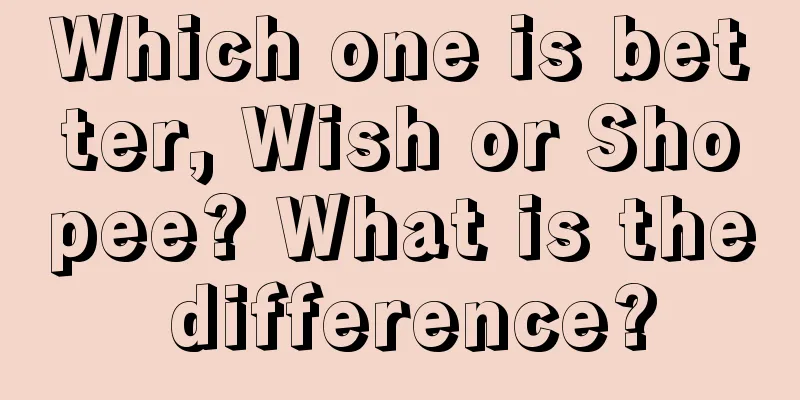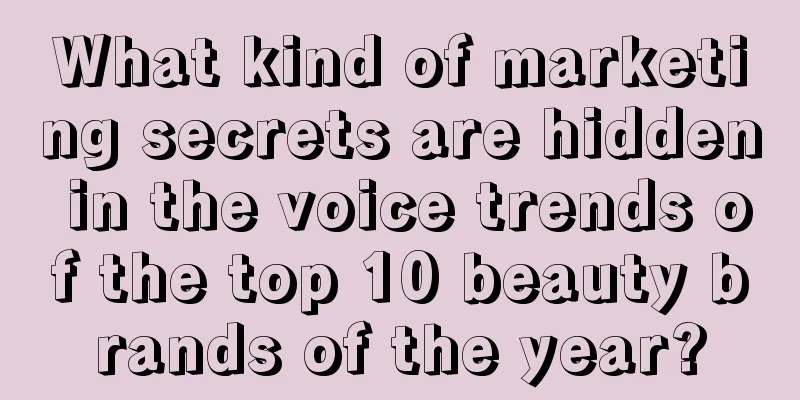What should I do if I am always injected with opinions?
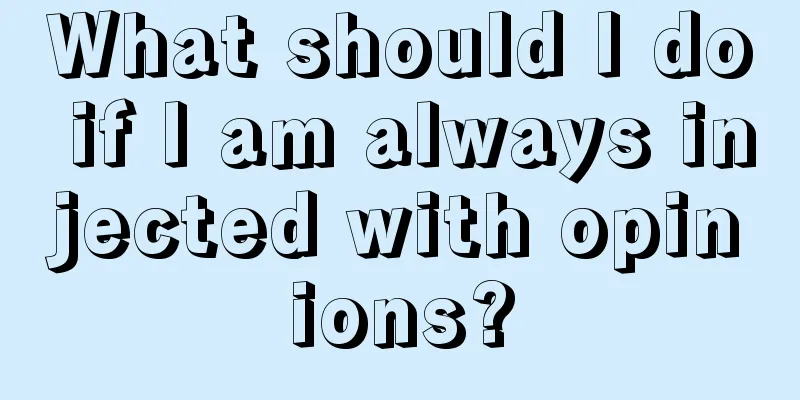
Have you seen the Jiang Ping incident? A friend told me that he was really angry. In the past 15 days, there have been continuous responses, and it feels like the more explanations there are, the more complicated things become. Also, a while ago, a CEO had a quarrel with others because of a different opinion on this matter. To be honest, I find it difficult for me to comment on this matter, and I am not qualified to comment. On the Internet, everyone who speaks out seems to be a vested interest, and they all want to get a piece of the traffic. What can I say? However, compared to all these, I don’t want you to quarrel with others over one thing and affect your mood; therefore, I have picked out some key words in journalism and communication. After you understand them, they may be useful at critical moments. 01Let's start with the facts. What is a fact? Maybe you will say: A fact is something that happened. For example, Xiao Wang slapped Xiao Zhang, which is a fact. It makes sense, but it is not rigorous. A complete fact includes 6 elements, namely: time, place, participants, cause, result and evidence. Let’s take a complete example: at 3 pm on June 15, 2023, at a coffee shop in Sanlitun, Beijing, the CEOs of two start-up companies had a heated argument over the details of the cooperation agreement during an informal meeting. The cause of the argument was that one party believed that the other party made unreasonable demands on the terms of profit sharing. As a result, the two sides failed to reach any agreement. The cooperation between the two companies became unclear. The evidence of the incident came from the surveillance video of the venue and the posts on social platforms after the meeting where both sides publicly expressed their dissatisfaction. This is a complete example except that the name of a certain coffee shop was censored. I have always been fascinated by the word "fact" and consider myself a "fact-based" person. But sometimes, when things don’t go my way, my emotions still affect me. Why? Later, I found three reasons: 1. Just because you consider yourself a rational person doesn’t mean you are not lazy. Sometimes, when faced with some unacceptable results, we choose to believe the part we want. Second, it is very costly to grasp the facts. A matter involves many dimensions, and it is impossible to grasp the overall situation at once like in the movies; Third, the narrative is broken. When we do things, we not only want to do things right, but also need added value, such as the care, recognition, encouragement, etc. of others. Without these, it is easy to become emotional. Therefore, as a bystander, it is difficult to grasp all the facts. But from the perspective of action, the best way is to constantly learn and adjust in practice. Knowledge is divided into direct experience and indirect experience. No matter which one, it comes from practice. If theory is not combined with practice, it will become a castle in the air. Therefore, I will build a fact library in the note-taking software, record some phenomena, and constantly adjust and improve them. Remember a key point: facts must be fixed in a certain time. If it exceeds the time range, the situation will change. For example, what do we call the situation where two founders who quarreled yesterday caused a discussion today? One word to summarize it is: state of affairs. 02What is a state of affairs? The attitude of a matter? No. A state of affairs refers to a state of affairs that develops and changes over time. It has four dimensions. First, development. Yesterday's quarrel has developed into a broader discussion or controversy today. This is the process of change from the beginning to now. Second, the impact on people and the environment: this quarrel may affect the company's operations; Third, the public responded that no one paid attention to it at first, but after the media and self-media interpreted it, it became a hot topic; Fourth, sustainability: Will it continue? Is there a turning point? Therefore, the state of affairs can help us understand the whole picture of an event, and it feels like looking at yesterday from today. However, there is another more important concept than the state of affairs, that is: tense. What is tense? It not only describes what happened yesterday, but also includes what is happening now and what may happen in the future. Take the quarrel as an example. The two founders quarreled yesterday. This is past tense because it has already happened. If today, the two founders issued an announcement and the fans’ comments triggered a new turn, we would use the present tense to describe it because it is happening. For another example, after reading the comments, people think that they may quarrel again tomorrow, or even trigger business competition. At this time, we have to use the future tense, because these things have not happened yet, but they may happen. Seeing this, you may have a question: Is tense equal to facts? The two complement each other, but they are not equal. Because tense mainly describes when something happens, while facts tell us what really happened and where it happened. Suppose there is a turn today based on yesterday's events, that is: the timeline of events. Everyone discusses on the timeline, and then "opinions" come out. What is an opinion? An individual or group's understanding, view, and evaluation of something. Because everyone has different experiences, values, or information, their views may be different. Opinions include emotional coloring and subjective inferences, which is the main difference between them and facts. For example: After two CEOs had an argument, a media outlet said: "They are all bosses, where is the vision?" Someone replied: "What's the point of talking about vision when it comes to interests?" Someone else commented: "What business is it that they quarrel or not?" It can be seen that opinions are like a big pot of rice, and everyone can take a spoonful. The Internet is full of various opinions, and everyone is influencing others with their own opinions. There is a term called "cramming brainwashing". In simple terms, be careful of people who ask "why" and then instill in you a lot of seemingly reasonable but actually useless things. For example, someone asked: "Why does Bill Gates invest in nuclear energy? Is it because he thinks renewable energy has no prospects?" Such questions simplify complex things and use a very arbitrary logic. You must be careful. 03There is another word that is similar to opinion and is often confused with it: stance. What is a stance? The position and attitude held by a person or group on a particular issue, usually based on their beliefs, values, interests, and policy choices. In contrast, positions are more long-term and the basis for action, while opinions are more temporary and are adjusted as new information becomes available. For example, if a position is your fundamental decision about which team to support in a football match, then an opinion is your view or comment on a specific moment in the game. It is important to remember that there is a lot to do with motivation when it comes to positions and opinions. Why are so many people willing to express their opinions on the Jiang Ping incident? Because some people want traffic. With more traffic, you can make money. If a post reaches 100,000+ views, the advertising fee may be several thousand yuan. In discussions involving positions, what do the masses usually do? I forgot which business blogger mentioned in his book that there is no right or wrong, only positions. I don’t agree with this. The truth is that everyone has different positions, which may affect their views on the right and wrong of things, but this does not mean that there are no facts. For some things, it is necessary to clearly define right and wrong. For example, the law stipulates that you cannot run a red light, and running a red light is dangerous. There are also some scientifically proven facts, such as the fact that the earth revolves around the sun, which is based on a large amount of observational data and theoretical calculations. So, in this case, can you describe it in terms of your position? Obviously not. At work, we must also distinguish right from wrong, which involves protecting customer data security, interpersonal management methods, and the priority of things. These depend more on the effectiveness of the results and how to better conform to the organizational values. Sometimes, even if there are disagreements in the decision-making process, as long as it can effectively advance the project or achieve the goal, such a decision can be regarded as "correct." When discussing right and wrong, we should be wary of a phenomenon called "smoothing things over". On the Internet, some people will deliberately use people's inherent impressions and positions to create differences. For example, after a blogger published his views on an event, he deliberately set up a vote under the article, with only "right" and "wrong" as the options. This approach seems to be seeking to verify whether the view is correct or not, but in fact it is not seeking the truth. By limiting the options and only providing "right" or "wrong", he can stimulate people's emotional reactions and cause more debates and conflicts. These conflicts can bring more attention and traffic to bloggers, making them the vested interests behind the scenes. Therefore, when facing such situations, we must be discerning and avoid being misled by simplified choices. Another concept related to right and wrong is: truth. What is truth? Knowledge and concepts that are consistent with facts and are generally accepted. They represent an accurate and objective understanding of the real world. They are defined differently in different fields, but have four characteristics: they are independent of emotional opinions, they are absolutely objective and widely accepted, they are universal and consistent, and they do not contradict themselves. There are historical experiments or other verifiable methods. Take the example of the two founders quarreling mentioned above, "the two founders had an argument in the meeting", which represents a truth. Don't be surprised, it is an objective event and is supported by reliable evidence. So, truth involves certain, verifiable facts (the quarrel did happen), and causal relationships that require further investigation (why did the quarrel happen), which can be defined as truth based on objective evidence and consistent insights, and from which we can learn lessons. So, can we discover other truths from events? Of course. Maybe you will realize that communication is important, or that you need to consider different opinions when making decisions, or even manage your emotions, etc. Therefore, as the saying goes: the truth is often hidden in the details. 04Do you know where current affairs, positions, right and wrong, and opinions generally occur? The answer is: the public opinion field. In academia, it is called the "Public Sphere", which was first proposed by German philosopher Jürgen Habermas. It mainly describes an open space where everyone discusses and exchanges opinions. In this space, various information spreads everywhere. Discussions are not just as simple as chatting. They will also affect the public's views on important social issues and even affect the government's policy making. I think that nowadays, Internet social media has been divided into many platforms, and each platform is like a small public opinion field. In different public opinion fields, the way of information presentation, the content of discussion and the final answers are all different. A friend of mine once complained to me that there are too many hot searches now and he can’t keep up. In the past, I would go to Weibo every day to read gossip, but now Weibo's hot searches have been divided into various fields. Moreover, it is not just Weibo, other platforms are also doing hot searches, and they are also divided into many fields. He also complained that hot searches can now be commercialized. I don't know which topics are real and which are artificially pushed by the platform? It is indeed intriguing and worth pondering. However, in the public opinion field, when a fact ferments, three effects often appear. First, the framing effect. The content of the self-media account will use a specific framework and angle, which will strengthen or weaken specific values and positions. Second, if personal opinions are inconsistent with mainstream opinions, some people will choose to remain silent to avoid social isolation. This phenomenon will lead to more repetition of mainstream opinions, which appear to have an absolute advantage, while minority opinions are heard less and less. In communication studies, this phenomenon is called the "Spiral of Silence". Simply put, when it comes to judging facts, voices are like a spiral upward and downward curve. Finally, you don’t know where the truth is or whether the criticism is accurate. Another point is that sometimes the public opinion field can also lead to “group polarization”. A few years ago, everyone may have paid attention to a piece of news about a Canadian male artist. Many people expressed strong opinions about this matter. Some people thought that values were subverted and that the behavior of rich people had no bottom line. Others wondered why the fan circle culture appeared, and so on. Therefore, this kind of discussion often polarizes public opinion. On the one hand, some people strongly condemn it, while on the other hand, some people defend it and put forward different views. When an event finally gets a complete response or conclusion over time, does that mean it’s really over? Wait, a few months or half a year later, on the short video platform, this event will have two completely different continuations: First, netizens will create all kinds of stories and jokes based on facts, which are frequently quoted on social media. For example, Lei Jun's "are you ok" was made into music by a bilibili blogger, and later, incredibly, the copyright was bought. Second, if the event itself has enough influence and educational significance, it may be used as material for education and popular science. In this way, the original event is given new life and becomes a tool for imparting knowledge and inspiring people to think. At the end of many movies, there will be a sentence: adapted from history, which means this. Well, facts, events, tense, viewpoint, stance, right or wrong, truth, public opinion field, framing effect, spiral of silence effect, group polarization, and stories, these 12 concepts will help you completely restore the development of an event. Next time when you are swayed by opinions, why not stop and think about what stage of the event you are in? What is your position? Understanding these can help you see the whole picture of the event more clearly and avoid being swayed by one-sided opinions. In summary: concepts are useful at critical moments. In fact, as an individual, what really needs to be distinguished is not the so-called "facts" and "opinions", but whether my understanding and investigation of the facts are sufficient. If you investigate in detail, you can determine whether someone's opinion is right or wrong. If you don't know enough, don't rush to draw conclusions or judge. I wish you have a sexy brain. |
<<: Is “giving parents Zulijian” the right strategy?
>>: Why should consumers buy from you?
Recommend
Can new sellers still sell on Amazon? A comprehensive analysis of Amazon’s prospects
Becoming a new seller on Amazon may be the dream o...
Online literature platform "rushes into the short drama circle": more than 600 adaptation authorizations in one year, giving both IP and money
Whether it is a horizontal screen split-revenue sh...
What is the limit of a one-time credit card? How to increase the limit of a one-time credit card?
Credit cards, as a convenient payment tool, have p...
The “stolen” Guka business
As a new decorative fashion, "Guka" has ...
What is the difference between Amazon SD ads and SP ads?
If Amazon merchants want to place advertisements, ...
E-commerce data analysis methodology: using data to drive business decisions
"E-commerce data empowers decision-making, an...
Can I get a refund for taxes and fees on Amazon returns? How much can I get back?
Although many people buy things on domestic e-comm...
Why did Rolex, McDonald's, and Gatorade sign Zheng Qinwen in the early stages, but their subsequent marketing performance was mediocre?
The Olympics are the focus of everyone's atten...
Douyin draws the sword, Meituan strikes back
Douyin has gradually created a bigger wave in the ...
Has any Temu supplier made money? How to settle Temu payment?
Temu's suppliers can sell products directly to...
What are the requirements for Amazon post images? How to write a good Amazon post?
Amazon post is actually a free traffic channel. By...
What are the commonly used tools for foreign trade? Recommended collection!
Foreign trade people, especially foreign trade SOH...
Little Red Book, Going Out to Sea Overnight
As TikTok faces the storm of being removed from th...
How to use the mobile payment virtual card? What are the rules of use?
With the rapid development of technology, mobile p...
What should new Amazon merchants pay attention to?
Amazon is the leader among all e-commerce platform...
